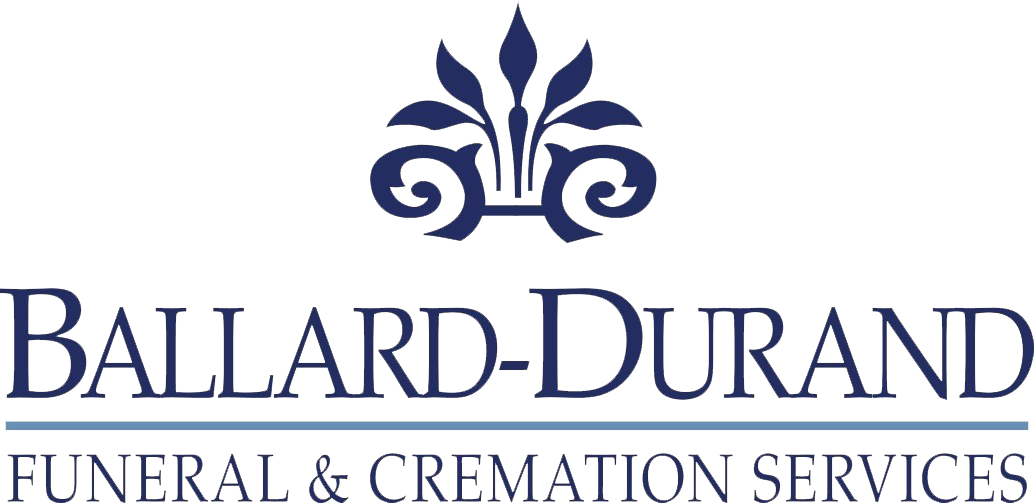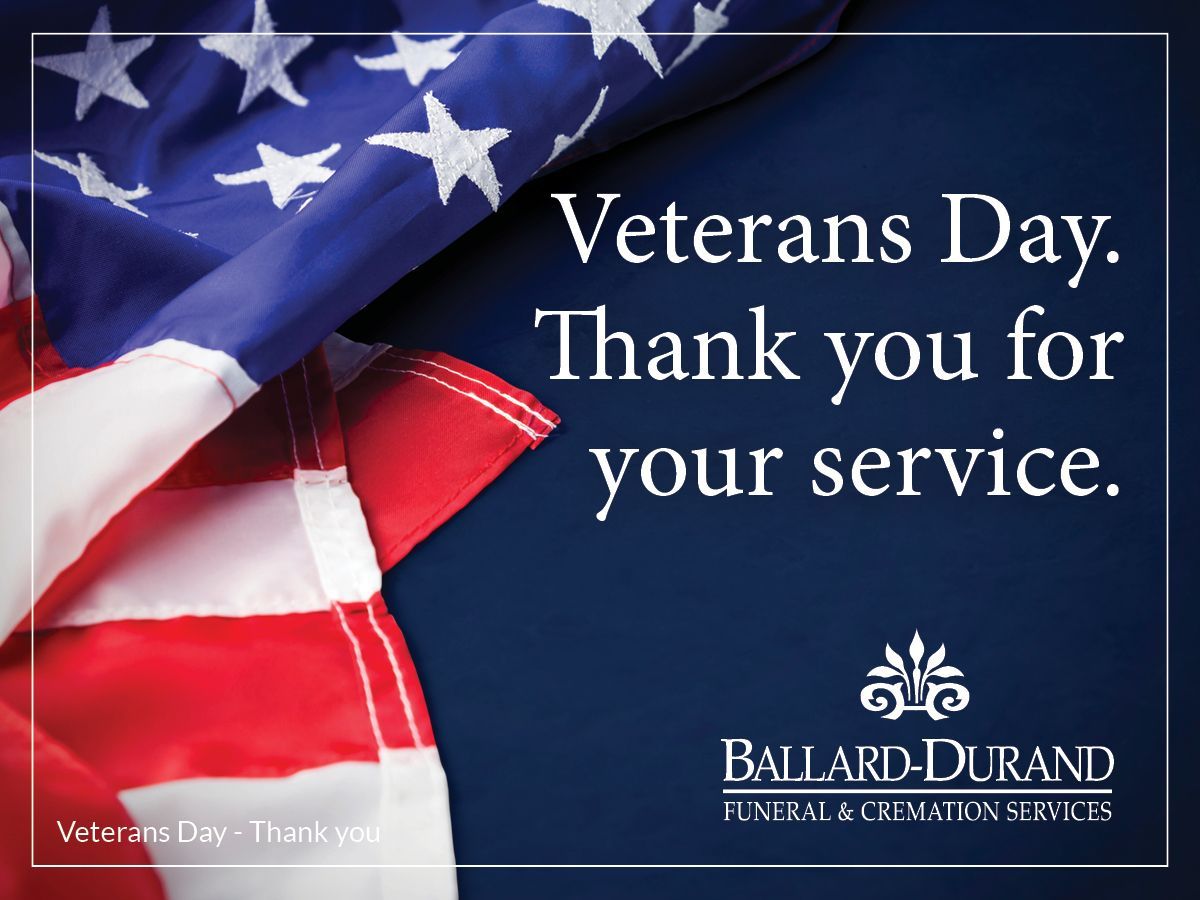For immediate need of our services, we are available 24/7. Contact us at (914) 949-0566
3 Tips for Helping Children and Youth Understand Funeral Services and Death
As a parent, you have a natural instinct to protect your child from harm. Some wish to spare their children the pain and sorrow of a funeral. However, excluding your child from a ceremony or ritual could do more harm than good, denying them the opportunity to grieve and be with others who are mourning. In this article, we will explain how best help your child to understand the service and rituals following the loss of a loved one.
1. Answer questions before the ceremony. This will give your child the opportunity to ask any questions they might have about their loved one and what happens next. When answering your child's questions, be sure to keep it simple and avoid using euphemisms. Explain your loved one can no longer think, breathe, feel pain, cold, or hot and that their body has simply stopped working. Using terms such as, "passed away" or "deep sleep" could further confuse your child.
2. Inform your child what to expect. Whether your loved one will be cremated, have an open casket ceremony or a closed one, it is important to let your child know what they will see and experience during these services. Go over the ceremony or ritual schedule in detail including what they will see, who will be doing what and why.
Explain to your child that cremation happens when your loved one is placed into a special box and transported to a crematory. A crematory is place that gets so hot (hotter than the hottest desert), it turns a person's body into something like gray sand. From there, the sand is placed into a very special container called an urn. Avoid using words like flames, burning and fire.
If your loved one is having an open casket ceremony, contact your Ballard-Durand Funeral Home Director to schedule a private viewing before the service. This will give ample time for your child to ask questions and know what to expect when viewing the deceased. If your child wishes to touch your loved one, demonstrate how by gently brushing along the hand or hair.
For closed casket ceremonies, questions of being afraid of the dark may be asked - simply remind your child they can no longer become scared, cold, or feel pain. Our funeral directors are present for further explanation if needed on why the casket remains closed.
3. Create a sense of choice and control. It's okay if children choose not to attend a service, but encourage them to do so. Schedule a tour with a Ballard-Durand Funeral Home Director of the facility where the service will take place. A sense of familiarity with the area can go long way if your child becomes anxious or nervous. Have a designated relative or care taker who can take your child for a walk or away from the ceremony if they feel overwhelmed. Present the option of going to a friend's house, or even the opportunity to invite their peers. This shared experience will help friends adjust to your child's new norm, making it less awkward and easier to talk about in the future.
For a more in depth look into the importance of memorialization and the role it plays in the lives of our youth, we invite you to view the eBook and video below.
READ EBOOK
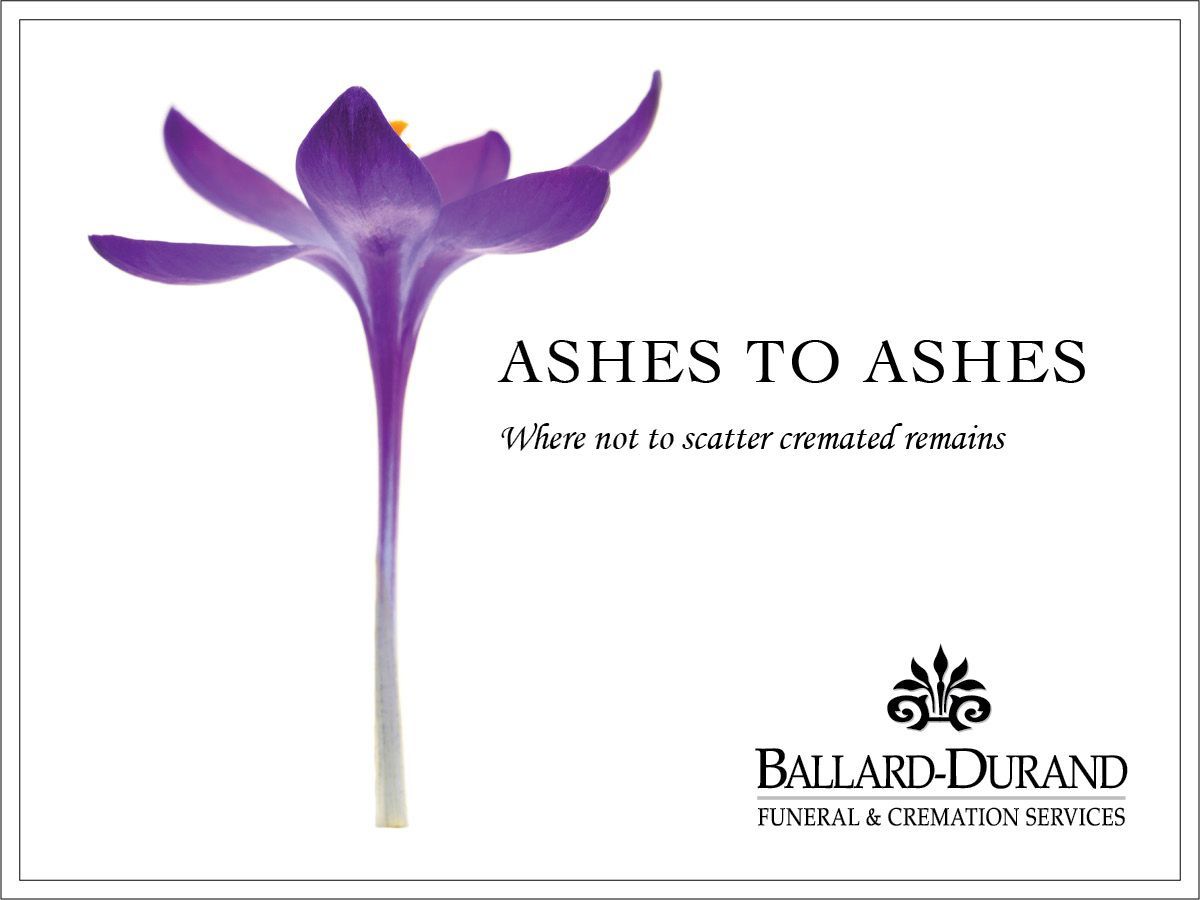
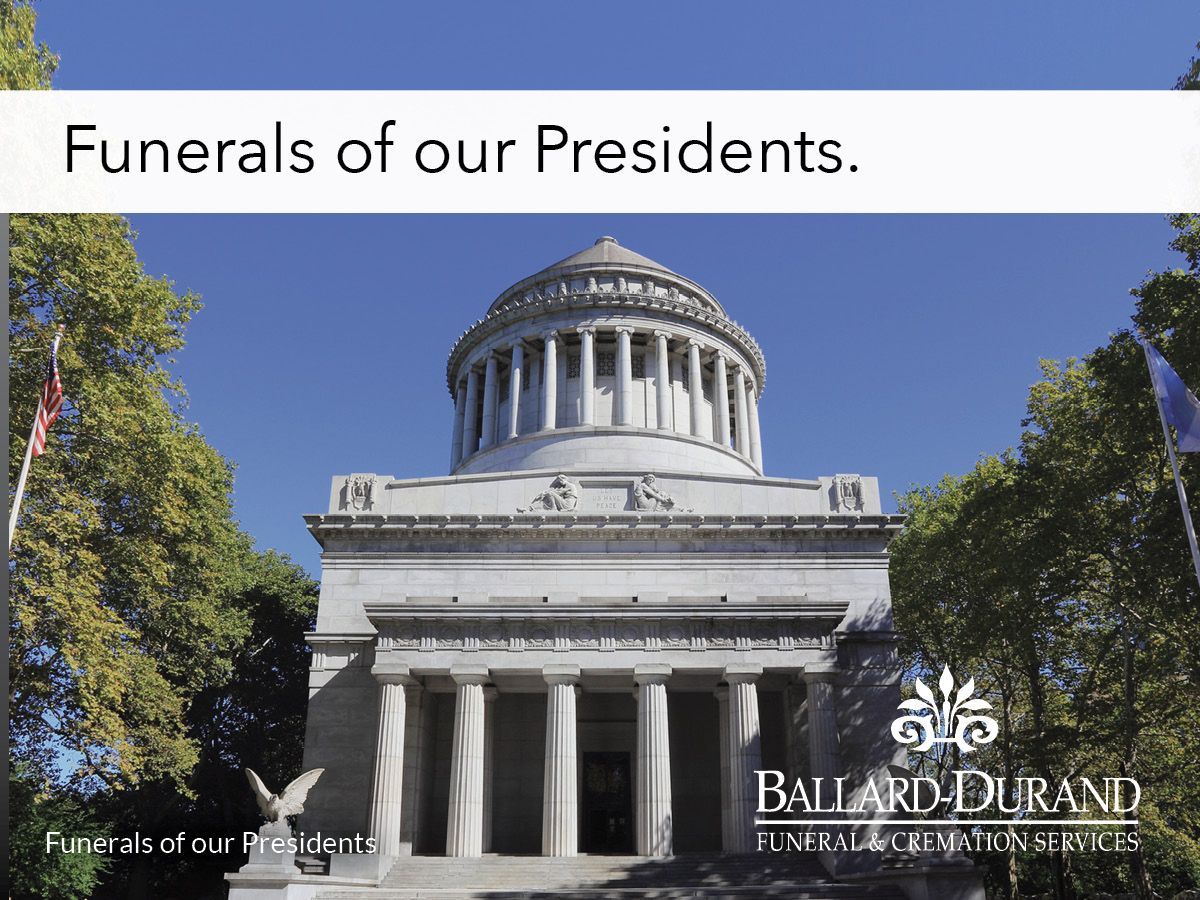
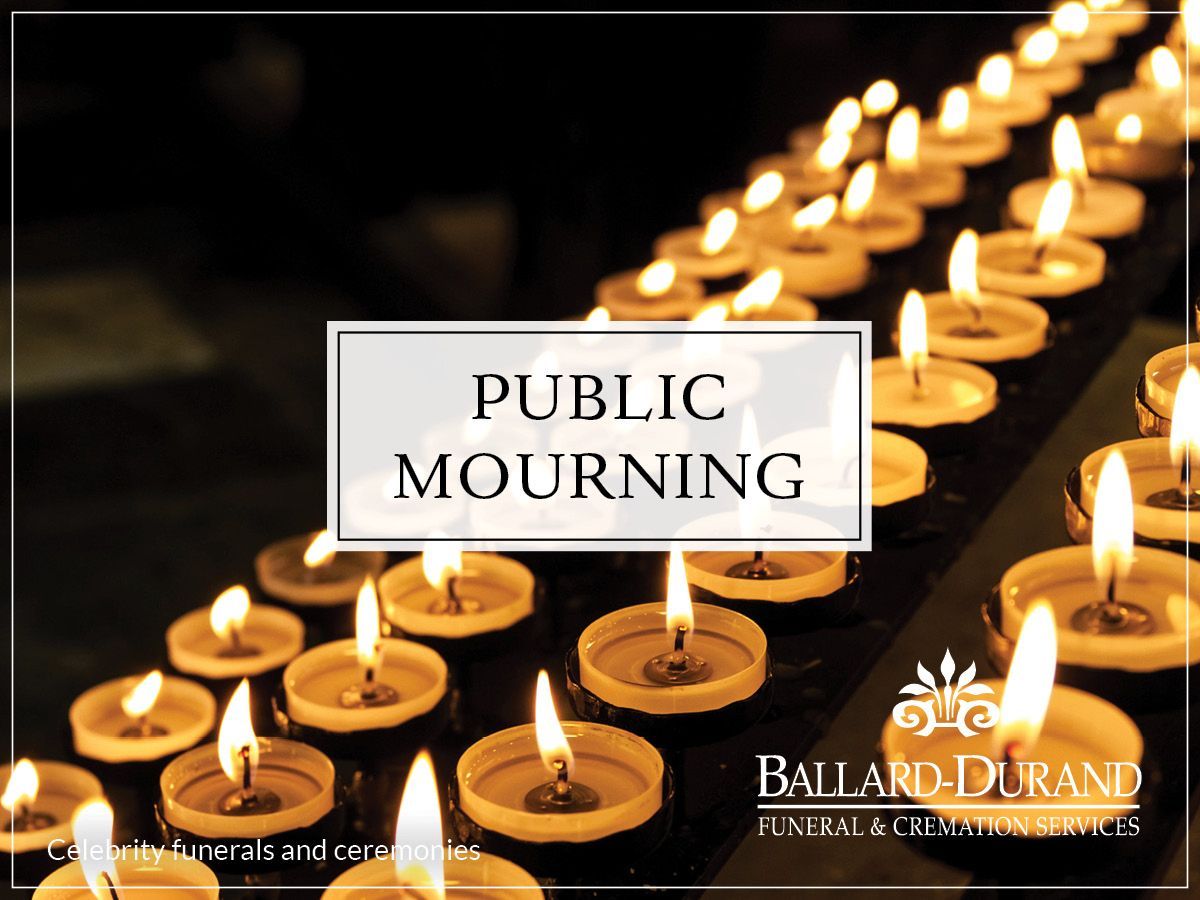
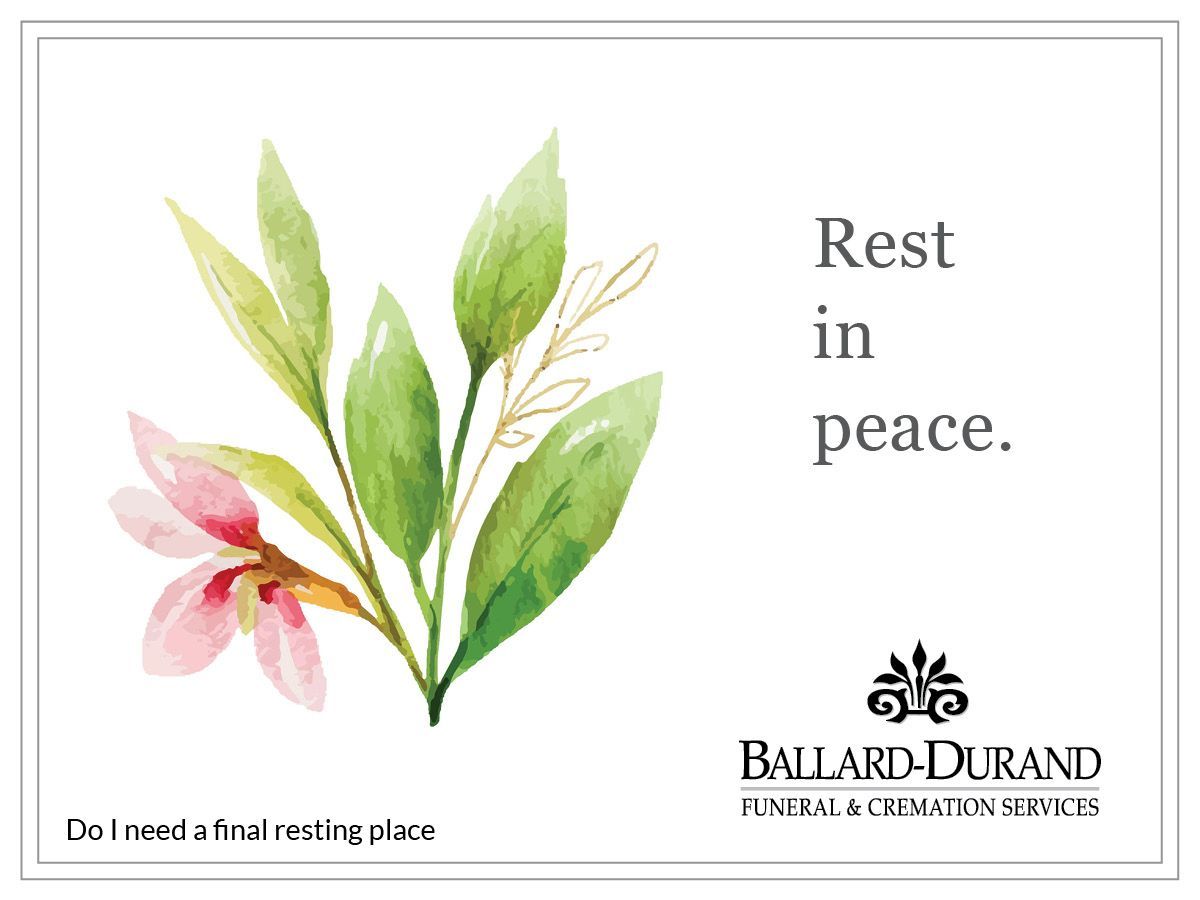



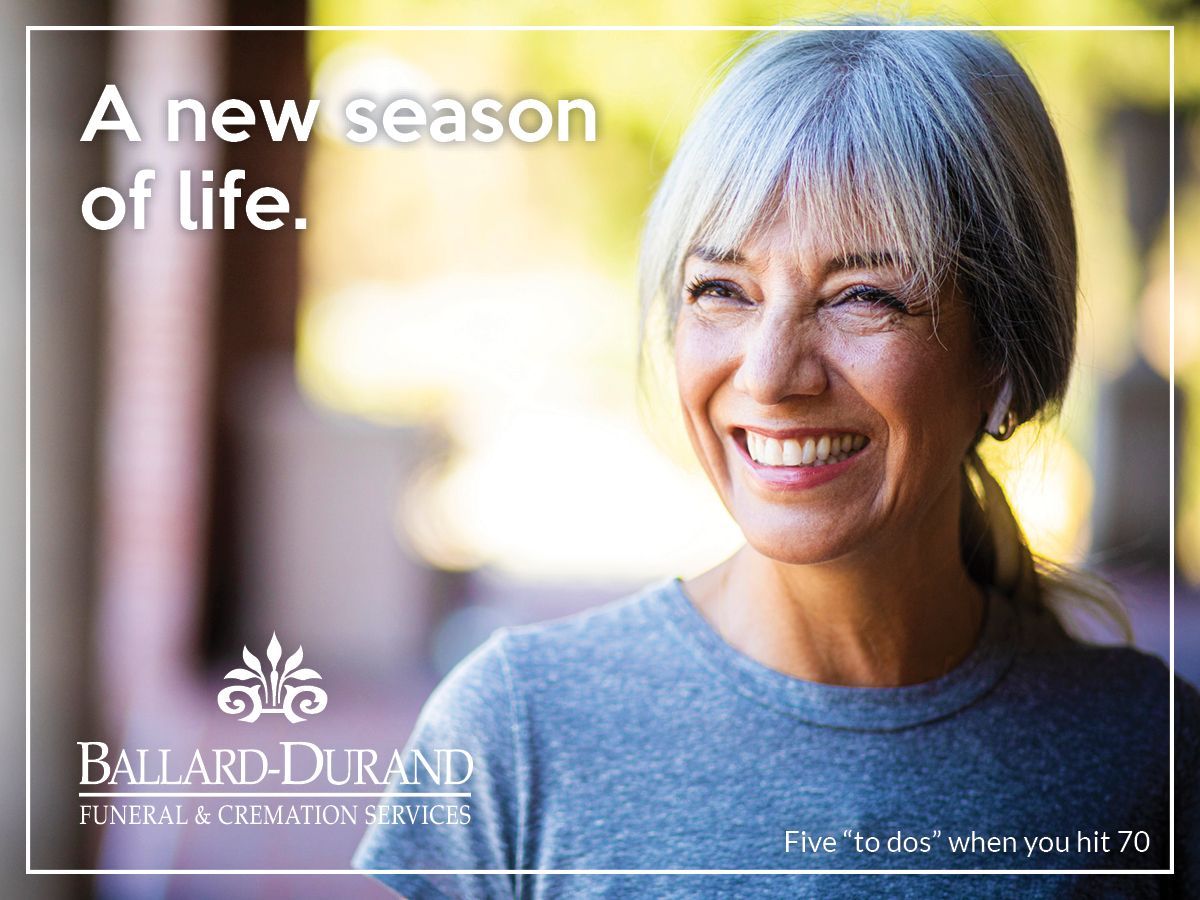
A Year of Grief Support
Sign up for one year of weekly grief messages designed to provide strength and comfort during this challenging time.
Please wait
Verifying your email address
Please wait
Unsubscribing your email address
You have been unsubscribed
You will no longer receive messages from our email mailing list.
You have been subscribed
Your email address has successfully been added to our mailing list.
Something went wrong
There was an error verifying your email address. Please try again later, or re-subscribe.
© Ballard-Durand Funeral & Cremation Services. All Rights Reserved.
© Ballard-Durand Funeral & Cremation Services. All Rights Reserved.
Translate This Website:
